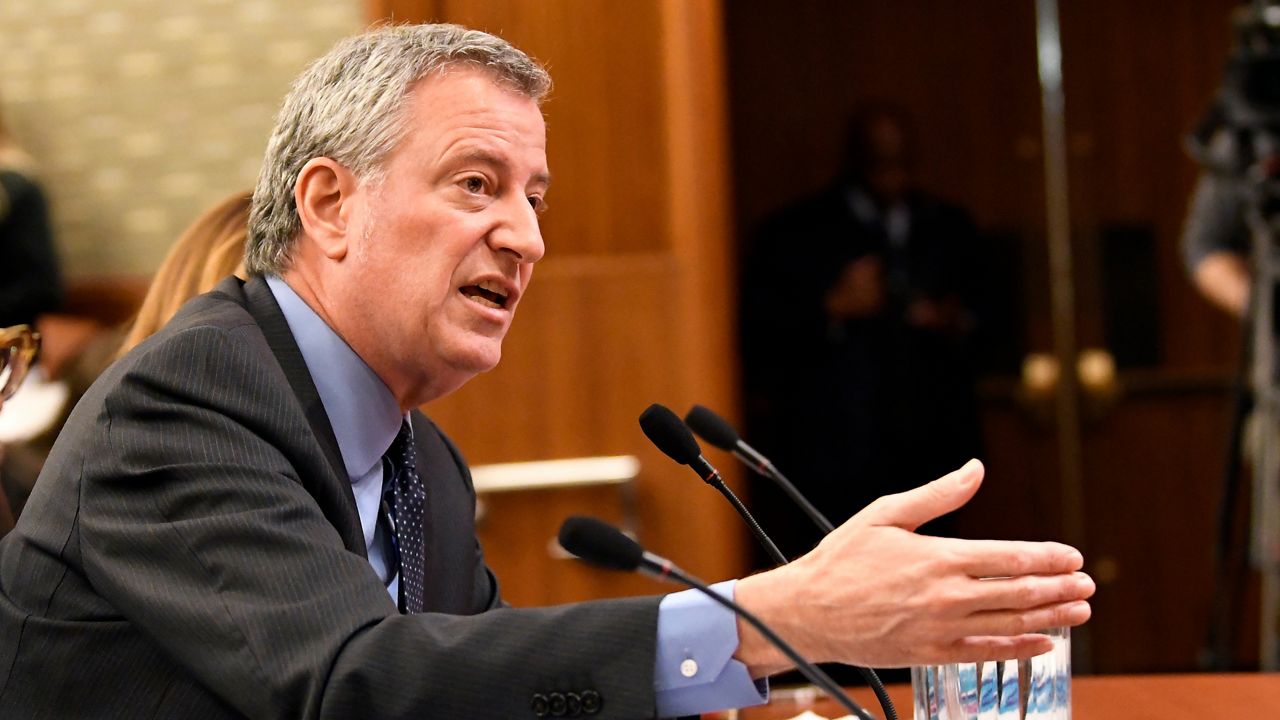With a potential loss of $9 billion in New York City's budget this year and the hemorrhaging of at least 920,000 jobs, the Financial Control Board is taking a much harder than usual look at the city’s finances.
In 1975, with the city’s fiscal picture in disarray, the board was created and took stewardship of the city’s budget for a little more than a decade.
“The city is in better fiscal conditions, better reporting, than it was in 1975," said Rob Mujica, New York State Director of the Budget. "But the fiscal challenge both the city and state face, we haven’t seen it since that time.”
While certain benchmarks need to be met before the control board can take a more active role in steering the city’s financial decisions, Mayor Bill de Blasio argued that won’t be necessary.
“It would just be a mistake to think this is anything like New York City of the 60s, 70s or even 80s. We are today a tremendous global economic capital,” he said.
But in June, the mayor did ask the legislature to authorize billions of dollars in borrowing. His plea was rejected by the state Senate and the governor. The mayor made his case again Thursday, this time to the board, arguing without it, there will be municipal layoffs.
“I reiterate why it is so important for the state legislature and the Governor to grant us long term borrowing authority," he said. "We can determine together the level that makes sense. We are only interested in the amount of borrowing necessary to keep us going as a city as we build back.”
A likely mayoral candidate next year when de Blasio is term-limited out of office, City Comptroller — and board member — Scott Stringer countered that without a sound fiscal plan, he will not allow borrowing that will saddle future generations with debt.
“The attempt to borrow money months ago that was simply about holding onto to money with no visible economic plan," said Stringer. "That is not what should happen.”
In 2001 after the 9/11 attacks, the city suffered a financial setback and Albany agreed to authorize up to $2.5 billion in borrowing for the city. It ended borrowing $2 billion, and that has since all been paid back. In June, the mayor was seeking $15 billion. The city’s finances will be reviewed again after the first quarter, likely in October.
------
Main story file image: AP



